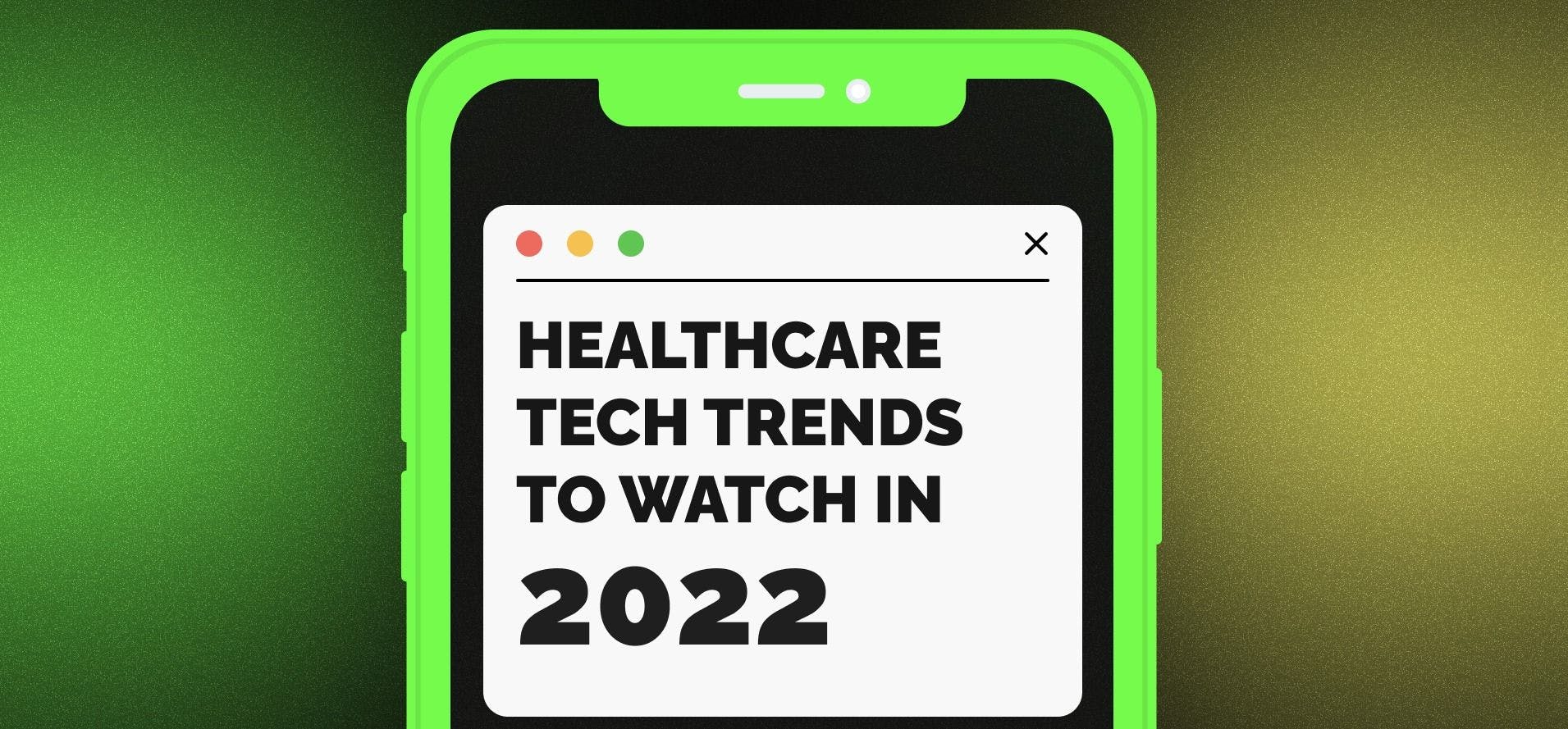577 reads
7 Healthcare Technology Trends to Watch Out for in 2022
by
December 6th, 2021
Audio Presented by

Technology, innovation, science, and digital transformation | Contact me: [email protected]
About Author
Technology, innovation, science, and digital transformation | Contact me: [email protected]
